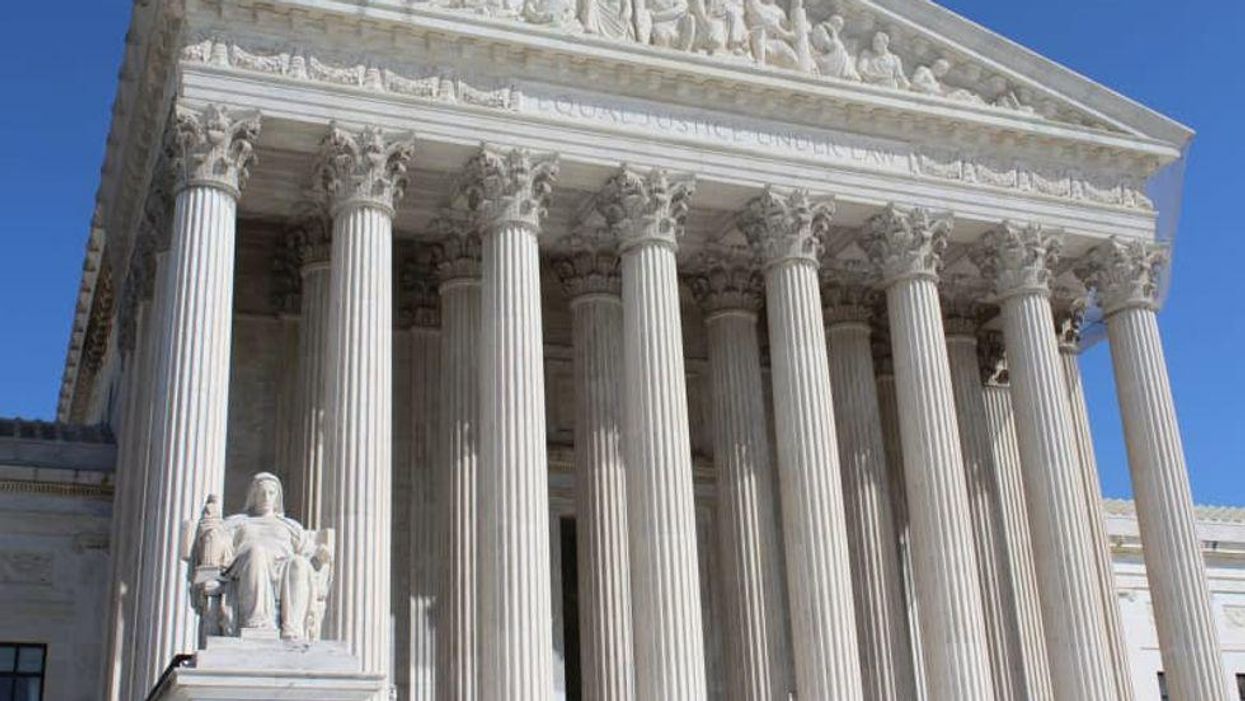Supreme Court delivers another blow to the Voting Rights Act


The U.S. Supreme Court has moved to place limitations on the extent of the 1965 Voting Rights Act (VRA).
Delivering another blow to the long-debated Voting Rights Act, the justices voted 6-3 in favor of maintaining Republican-supported restrictions that many argue are form of discrimination against voters of color.
With the Supreme Court effectively killing Section 5 of the Voting Rights Act in 2013 in Shelby County v. Holder, Section 2 remains one of the strongest voting rights tools in the United States. Section 5 targeted jurisdictions with a history of racial discrimination in voting and required them to get federal approval before making changes in voting laws. This preclearance required jurisdictions to demonstrate that their proposed changes would not make minority voters worse off. Section 2, as amended in 1982, uses a different standard that applies nationally. It puts the burden on voters to show that a law prevents protected minority voters from equally participating in the political process and electing representatives of their choice.
According to Law & Crime, Justice Samuel Alito's opinion joined five other conservative justices.
"I join the Court's opinion in full, but flag one thing it does not decide," the jurist notes. "Our cases have assumed—without deciding— that the Voting Rights Act of 1965 furnishes an implied cause of action under §2. Lower courts have treated this as an open question. Because no party argues that the plaintiffs lack a cause of action here, and because the existence (or not) of a cause of action does not go to a court's subject-matter jurisdiction, this Court need not and does not address that issue today."
Now, a number of legal observers and reporters are weighing in on Gorsuch and Thomas' position as they move toward litigation.
"Justices Gorsuch [and] Thomas have a brief concurrence reminding everyone that there may not even be a cause of action (a mechanism to sue) under Section 2 — but that's not at issue in this case," noted legal reporter Steven Mazie via Twitter. "In other words: there's still more violence to the VRA that might be done in the future."
Jonathan Diaz, voting rights lawyer for the Campaign Legal Center, also weighed in on the justices' questioning of Section 2.
"Classic Gorsuch and Thomas questioning whether Section 2 authorizes a private right of action in their (mercifully, non-majority) concurrence," tweeted Diaz.